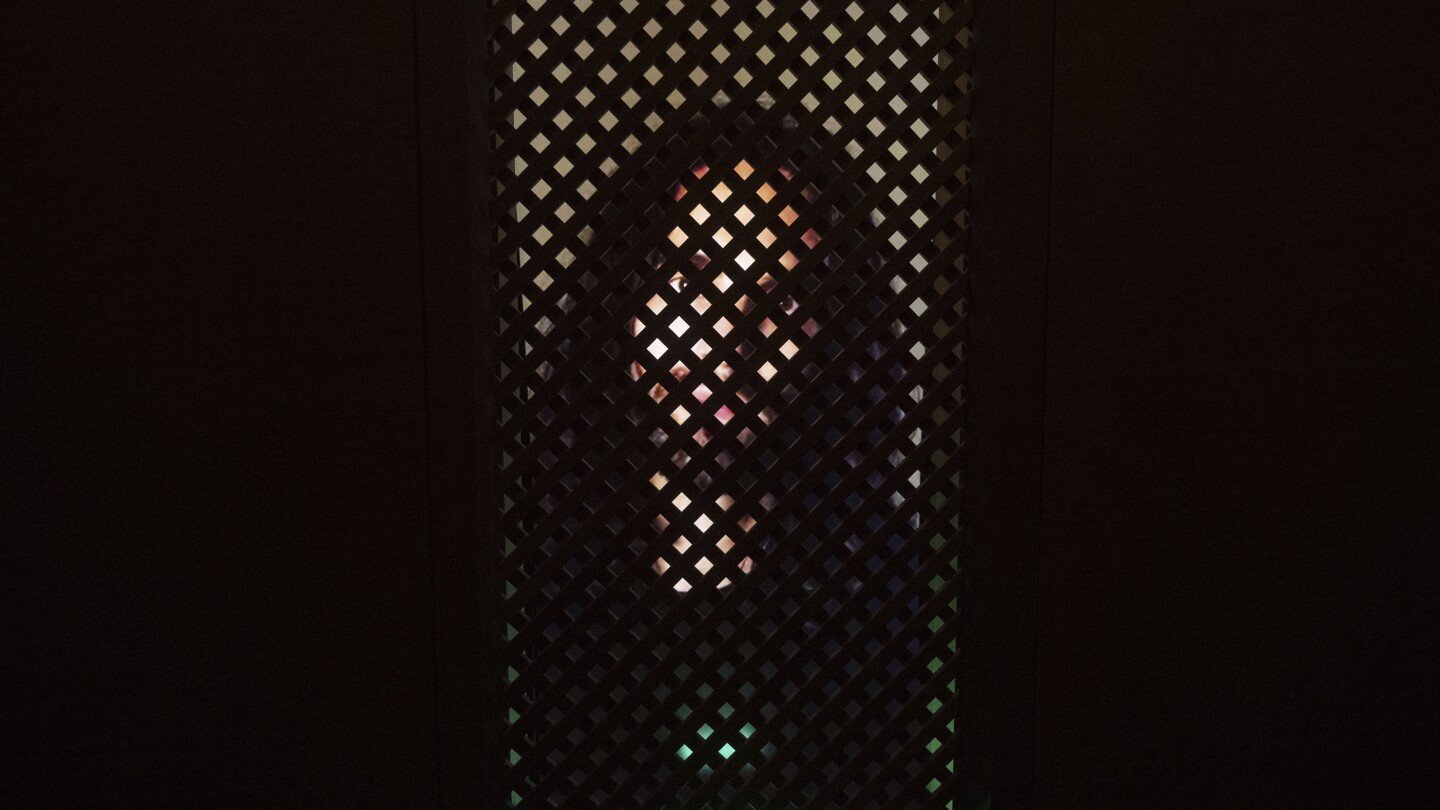Researchers and religious leaders on Wednesday released findings from a two-month experiment through art in a Catholic chapel in Switzerland, where an avatar of “Jesus” on a computer screen — tucked into a confessional — took questions by visitors on faith, morality and modern-day woes, and offered responses based on Scripture.
The idea, said the chapel’s theological assistant, was to recognize the growing importance of artificial intelligence in human lives, even when it comes to religion, and explore the limits of human trust in a machine.
After the two-month run of the “Deus in Machina” exhibit at Peter’s Chapel starting in late August, some 900 conversations from visitors –- some came more than once –- were transcribed anonymously. Those behind the project said it was largely a success: Visitors often came out moved or deep in thought, and found it easy to use.



AI as it currently stands is basically pseudo-random noise being run through a very large and complex network and you get something out the other side that is very close to human generated text but instead of a mind behind it, it’s those random numbers.
So … AI is essentially like a human psychic.
Whenever you read about AI doing something like this, replace it with “psychic” and think about how it makes the feel of the story change.